Behind the Scenes: AVL’s Game-Changing Hydrogen Engine Development in Austria
In October of 2023, AVL, an engineering firm, unveiled a prototype hydrogen combustion engine specifically designed for use in motorsports. We now have the opportunity to listen to the unique sound of this H2 racing engine, giving us a glimpse into the potential future of car racing and the combustion engine as a viable alternative to electric vehicles.
The focal point of discussion is a 2.0-liter hydrogen-powered turbocharged engine. During the dynamometer test conducted at AVL’s main office in Graz, Austria, the engine emitted a noticeably less aggressive sound compared to traditional gas engines – producing a nearly consistent tone. However, this could still be more appealing to certain enthusiasts than the noise produced by electric car races like Formula E.
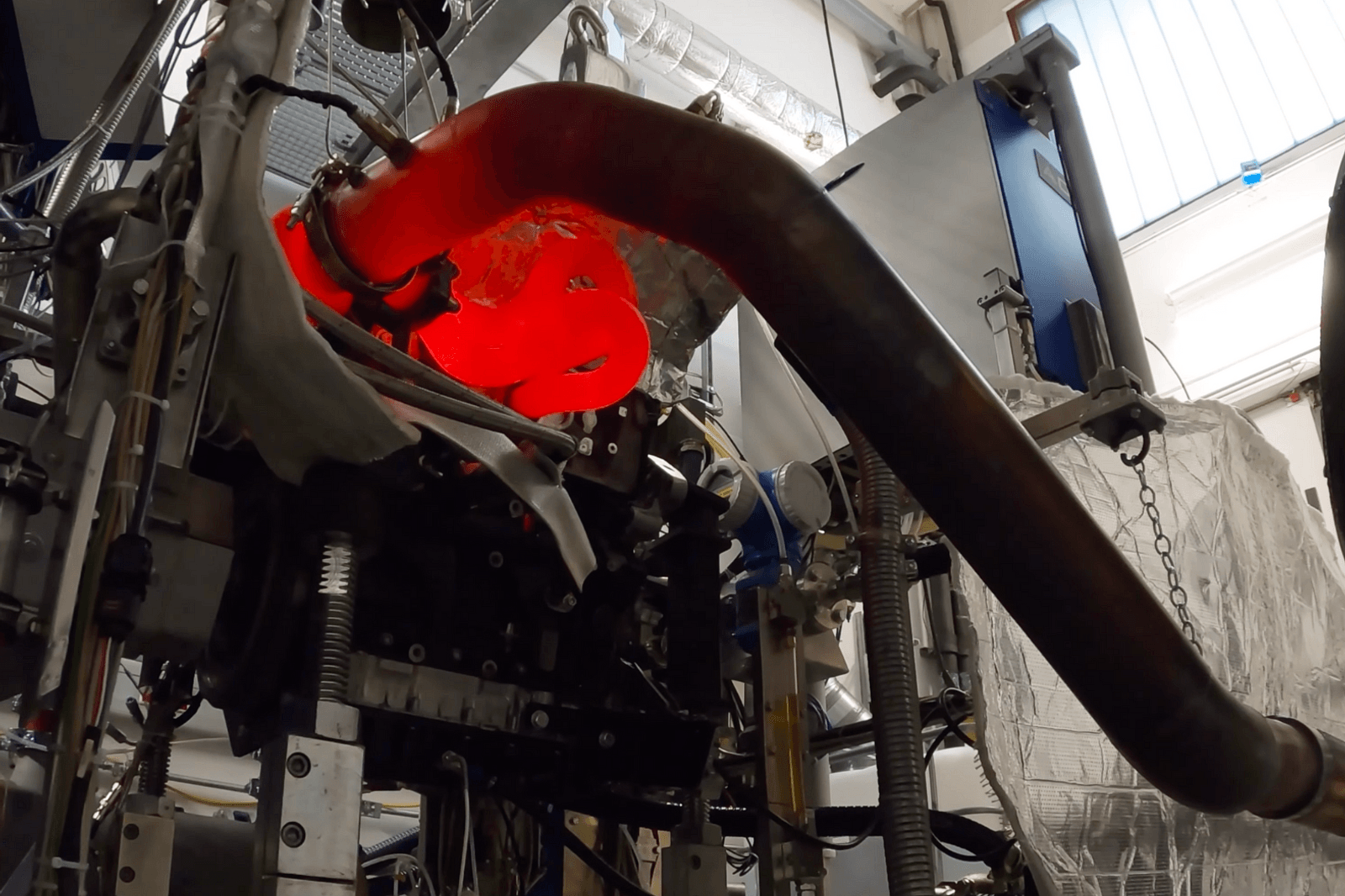
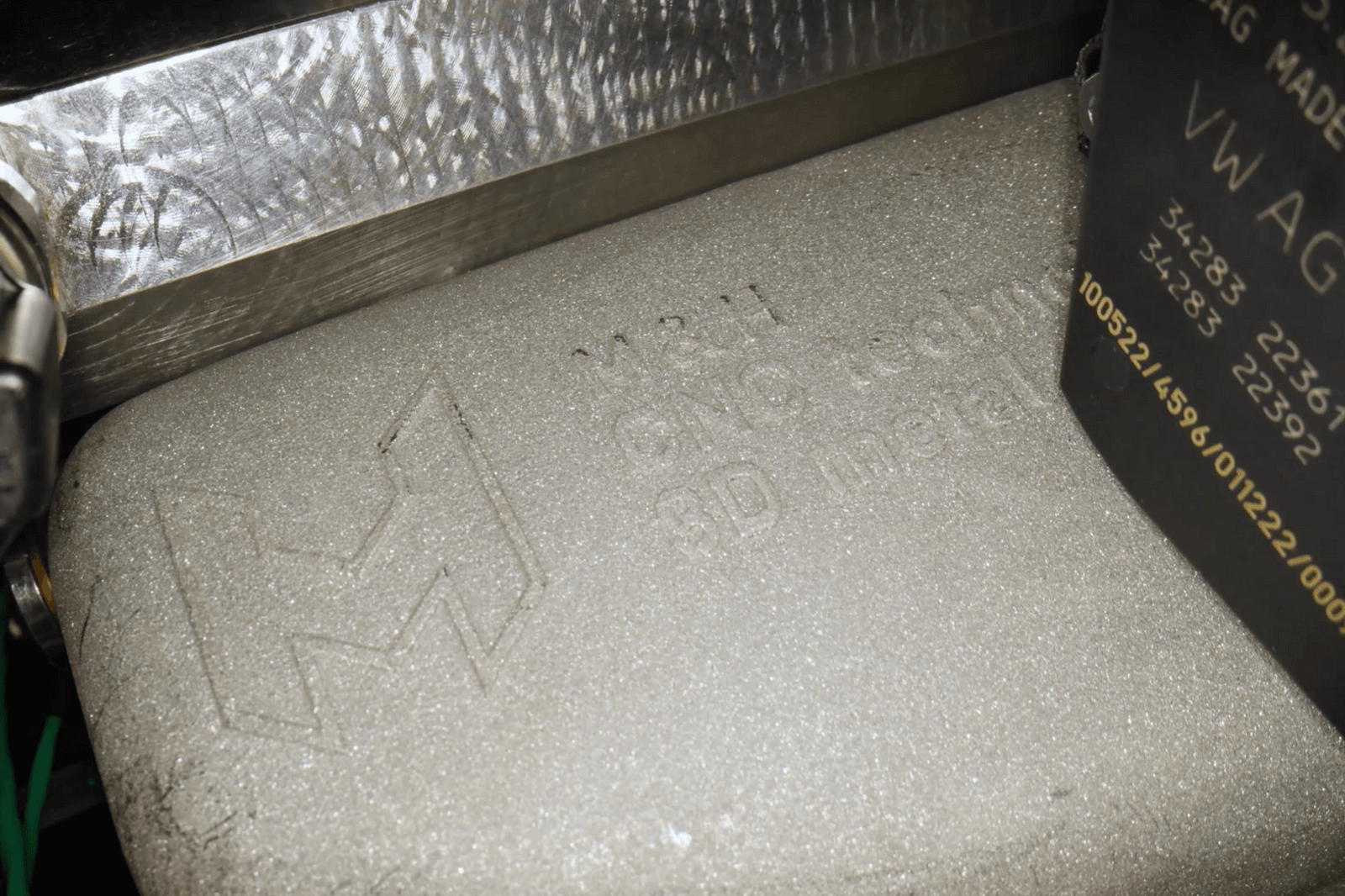
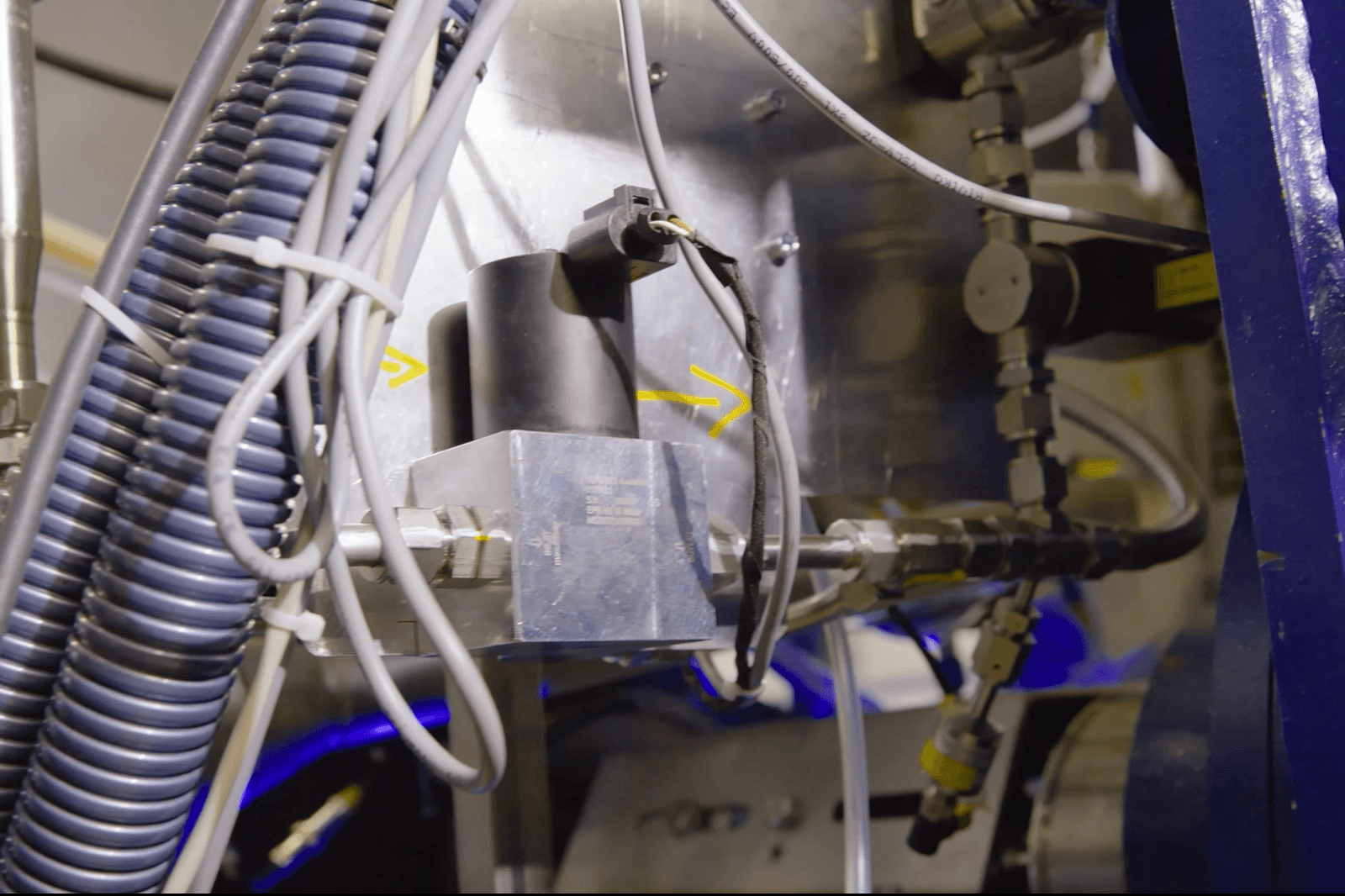
The engine in question has much more to offer than just its distinctive sound. As stated by the manufacturer, this innovative hydrogen-fueled motor generates an impressive 405 horsepower at 6,500 revolutions per minute and delivers a torque of 369 lb-ft between 3,000 and 4,000 rpm. With an output of approximately 203 horsepower per liter, it outshines the specific power output (power per liter) of the Bugatti Chiron, surpassing it in a seemingly effortless manner.
High-performance race cars are known for pushing their engines to the limit for long periods of time, which puts them at risk for overheating and potential engine damage. This is particularly true for hydrogen engines, where the chances of premature detonation are high. However, in order to combat this issue, AVL has developed an innovative solution – an intelligent PFI water injection system. By introducing additional water into the engine’s intake air, this technology effectively prevents any potential problems from arising.
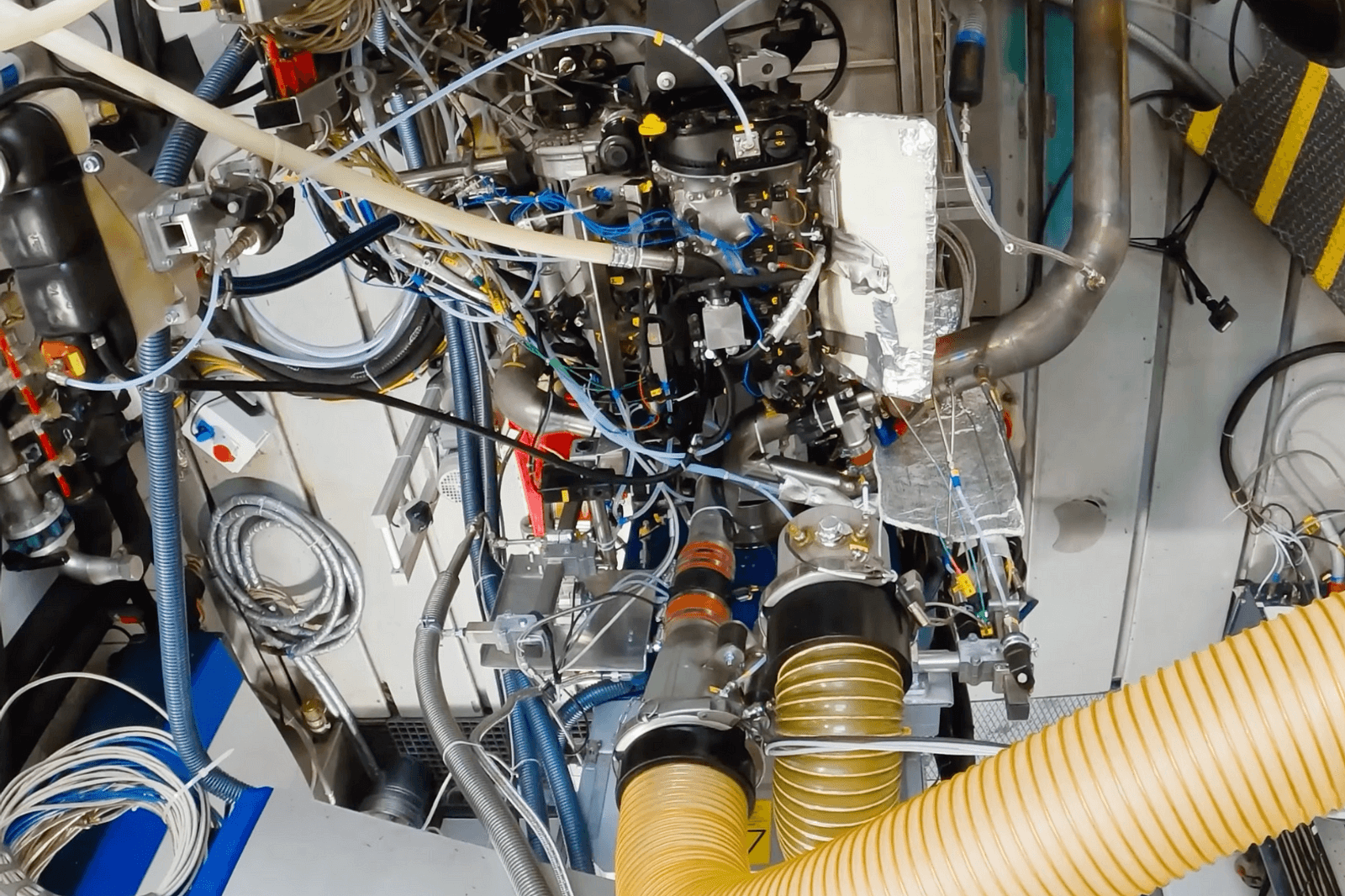

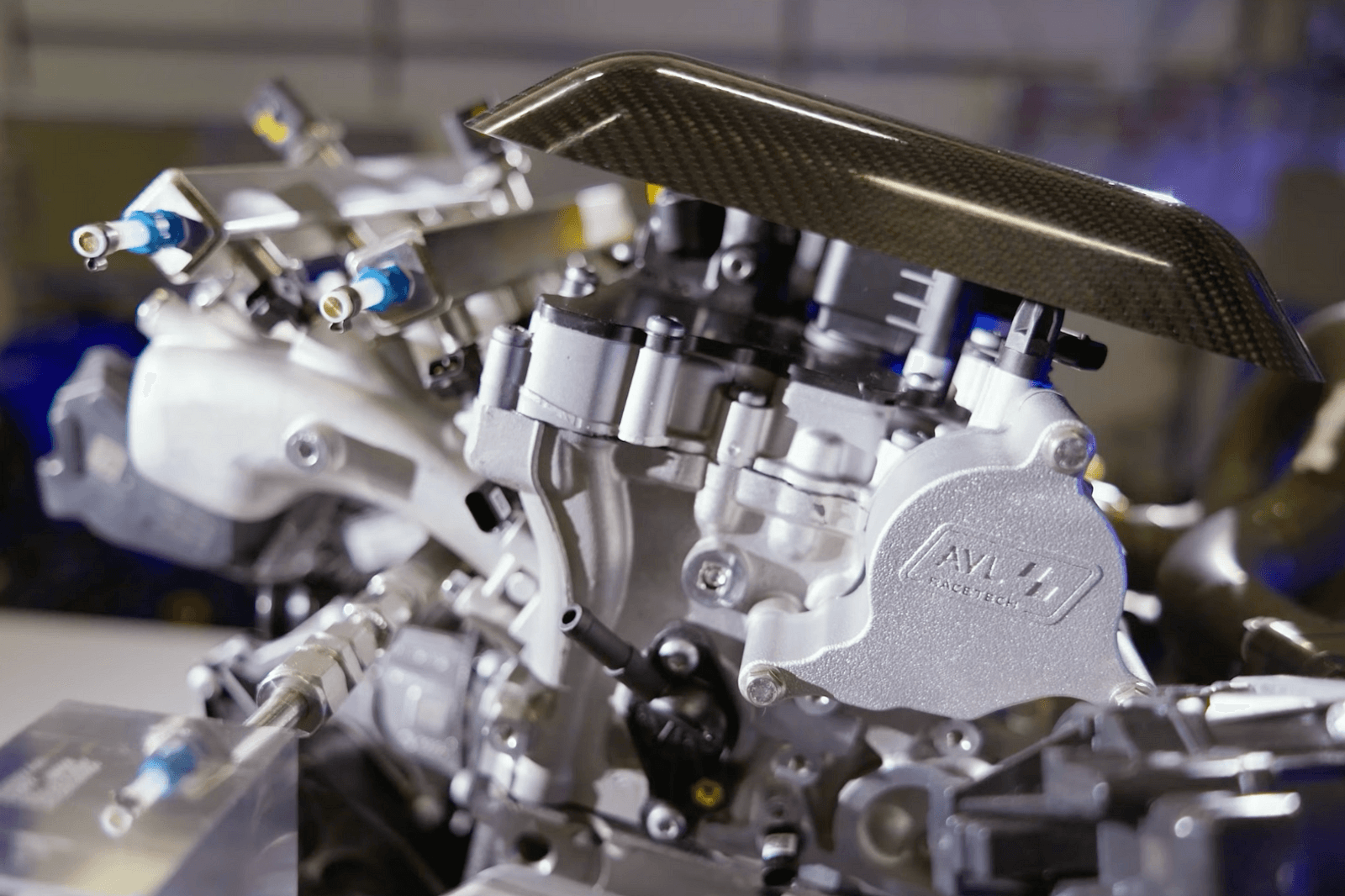
If you’re not well-versed in this concept, hydrogen-burning vehicles differ from hydrogen fuel cell electric cars (FCEVs). The former operates much like conventional internal combustion engines (ICEs), but with some adjustments to run on hydrogen. This is the reason why hydrogen-burning engines emit a noise similar to traditional automobiles. On the other hand, fuel cell vehicles, such as the Toyota Mirai, solely utilize hydrogen to generate energy for the electric motors that drive the vehicle forward.
Undoubtedly, the primary advantage of using a hydrogen combustion engine lies in its ability to produce zero emissions. AVL, a renowned company in the automotive industry, is actively contributing towards promoting a more sustainable future in the world of motorsports. Moreover, various automakers are also actively involved in developing hydrogen as a viable choice for racing. Toyota has successfully demonstrated that even hydrogen-powered engines can match the performance and sound of traditional gasoline cars.
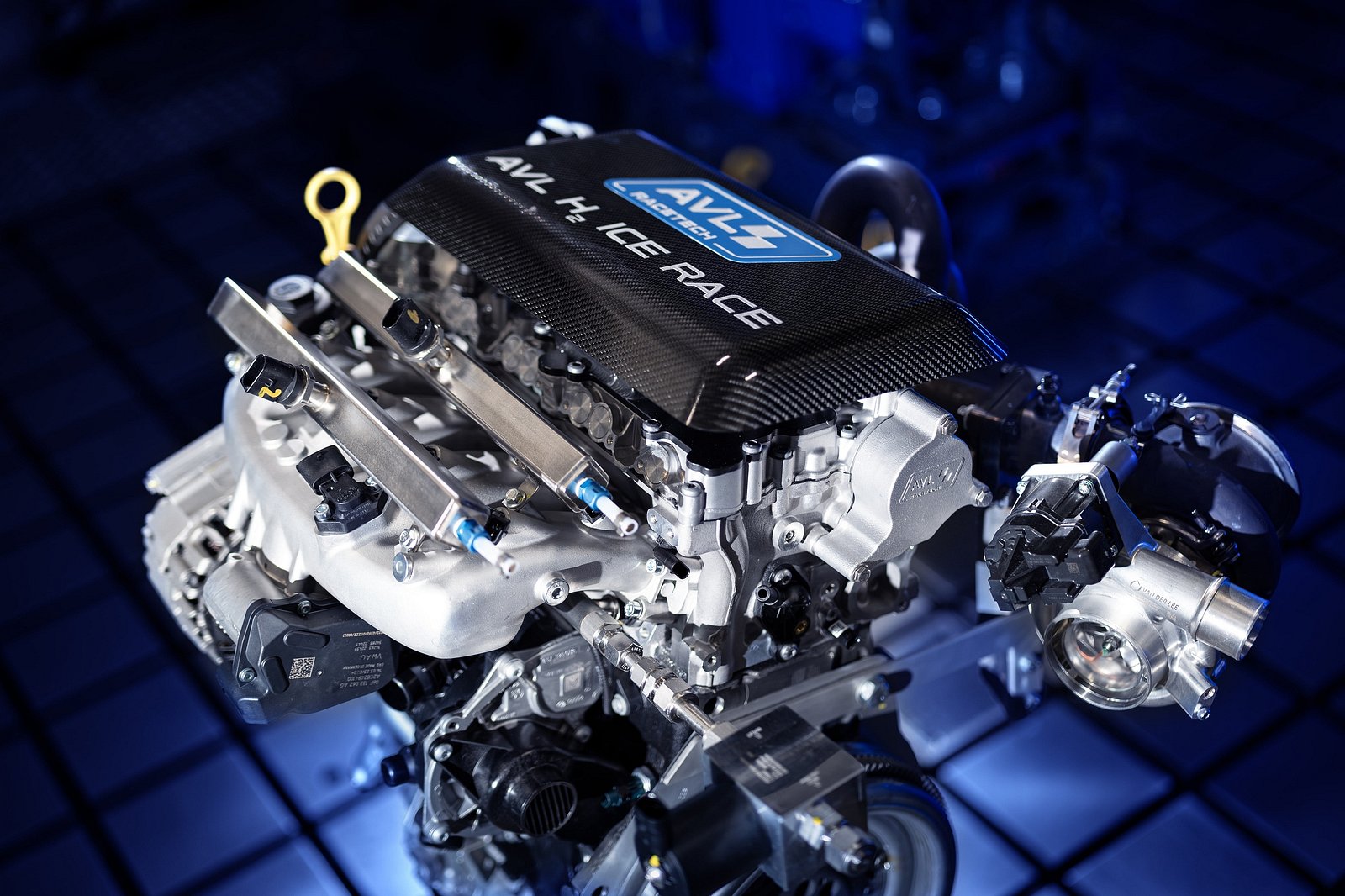
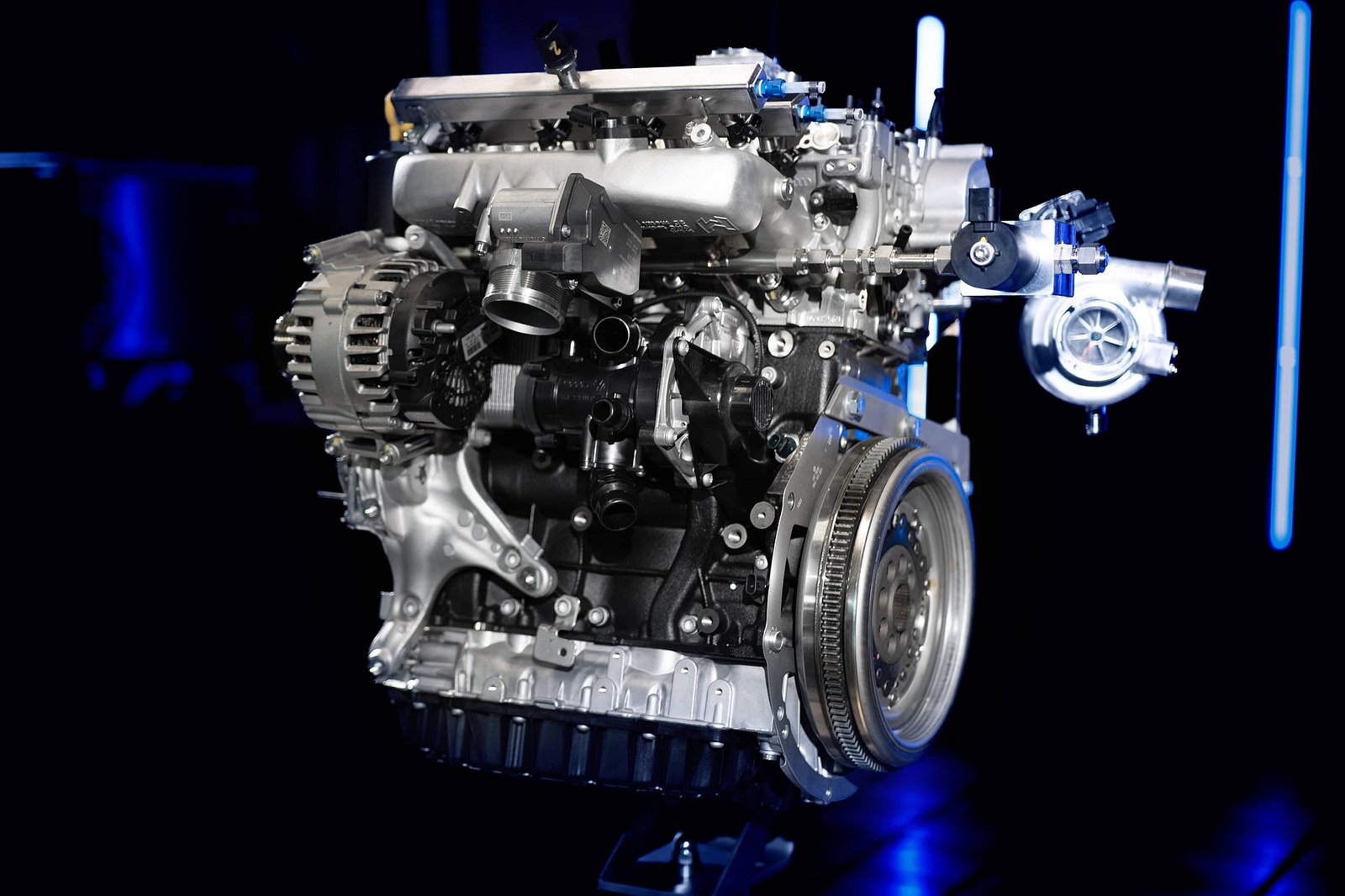
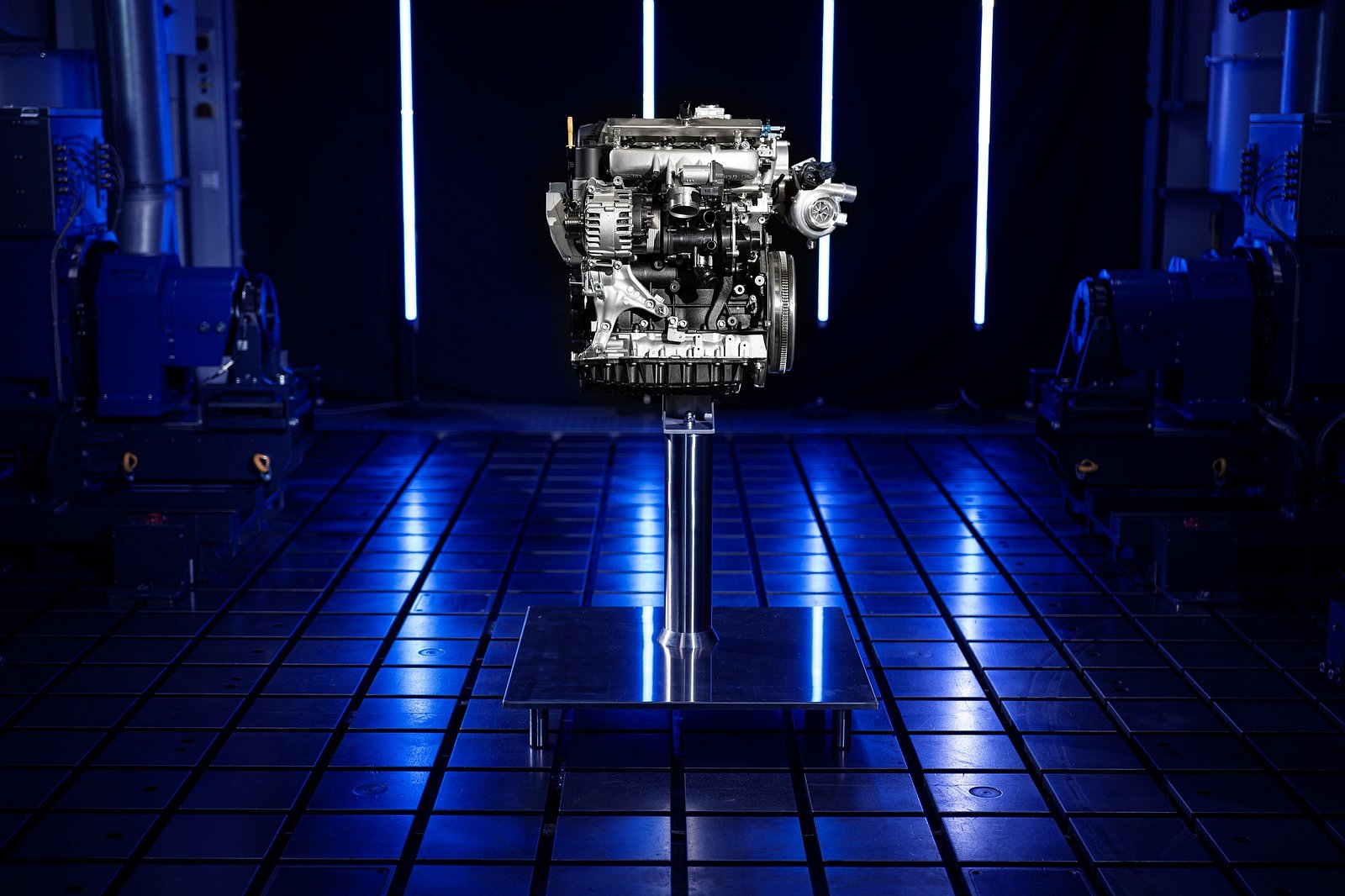
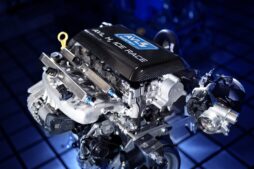






The writing style is like a signature scent—distinct, memorable, and always pleasant.
You have a unique perspective that I find incredibly valuable. Thank you for sharing.
This is a brilliant piece of writing. You’ve nailed it perfectly!
You’ve articulated The points with such finesse. Truly a pleasure to read.
Presented a hard to understand topic engagingly, like a magician pulling a rabbit out of a hat.
You have a gift for explaining things in an understandable way. Thank you!
The analysis is like a well-crafted movie—engaging, enlightening, and leaving me thinking long after it’s over.